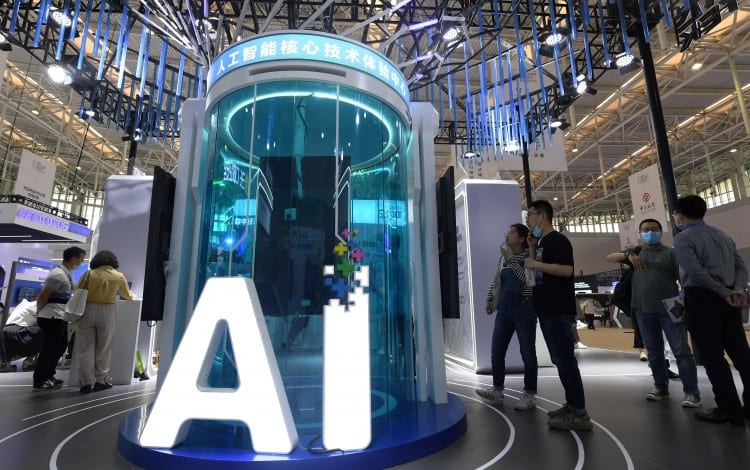
Remember the metaverse?
For those whose memories are short, the metaverse is the virtual world in which we are supposed to interact, wearing expensive virtual-reality headsets and representing ourselves via avatars, our virtual doubles.
It was the new big thing, swore Mark Zuckerberg, the king of social networks, who went so far as to rename his empire after the concept, calling it Meta Platforms (META). Maybe he should have listened to those pointing out that word "Meta," transliterated here from the Hebrew, means "she died." Bad omen.
The metaverse wave in 2022 poured furiously into the business world and markets, to the point that many companies felt forced to announce so-called projects for the concept, even if that meant just buying a virtual space.
A year later the metaverse is a distant memory and billions of dollars in investments have gone up in smoke. Investors who have bet on certain firms have lost almost everything.
But as one buzzword chases the other, a new craze has been setting the business world on fire: artificial intelligence, aka AI. This is the new conquest of the West, the new El Dorado.
This is the 'Big Year' for AI: Musk
For the general public, who knew AI through Apple's (AAPL) Siri, Amazon's (AMZN) Alexa and other corporate customer-service chatbots, AI now has a more uniform and prominent face: ChatGPT.
It is a conversational robot capable of answering our questions accurately and quickly. The system can answer even sharply complex questions quickly and tersely.
This is a change from, for example, Google search, which gives you a series of links that you need to scan to find what you're looking for. ChatGPT answers specific questions specifically.
Call it the Trojan Horse of the era.
Satya Nadella, the CEO of Microsoft (MSFT), calls it a "paradigm shift," while Tesla's (TSLA) Elon Musk proclaims that 2023 is the "Big Year" for AI.
"These paradigm shifts or platform shifts are a great opportunity for us to innovate," Nadella said on Feb. 7 after the software giant said it would incorporate some ChatGPT features into its search engine Bing.
"Big year for AI," Tesla's CEO tweeted on Jan. 22.
Google, which fears that the AI revolution in search engines will take away its bread and butter, has brought back its two founders, Larry Page and Sergey Brin, to help build its AI offensive.
But as with many new technologies, are we not witnessing a new bubble?
Investors: As Always, Beware of Scammers
AI enthusiasts say no. The technology is revolutionary, they claim. The AI pros' best argument is that consumers can clearly see how they can use the technology and how it can benefit them. This is the key sign that ChatGPT is no bubble, they conclude.
Seen like that, ChatGPT indeed might not be a bubble.
But bubbles can be measured another way: by the number of scams that develop around a technology fad.
AI has become the new abbreviation for scammers of all kinds and companies that are having difficulties with their operations or business models.
In coming months, you can bet that we will see a number of firms presenting themselves as specialized AI companies. They will try to raise funds from investors. And as they did with the metaverse, these investors will sign over large checks basing their decisions on FOMO -- fear of missing out.
We've already seen companies adjusting their names to include AI. It is in this sense that the new buzzword may be a bubble. Plenty of investors will get their fingers burned, and badly.
Investors must therefore be extra vigilant because few true winners and many losers emerge from new technologies.
A word of advice: Do your due diligence. And when you hesitate, remember the metaverse. That surely will help guide your decisions.







